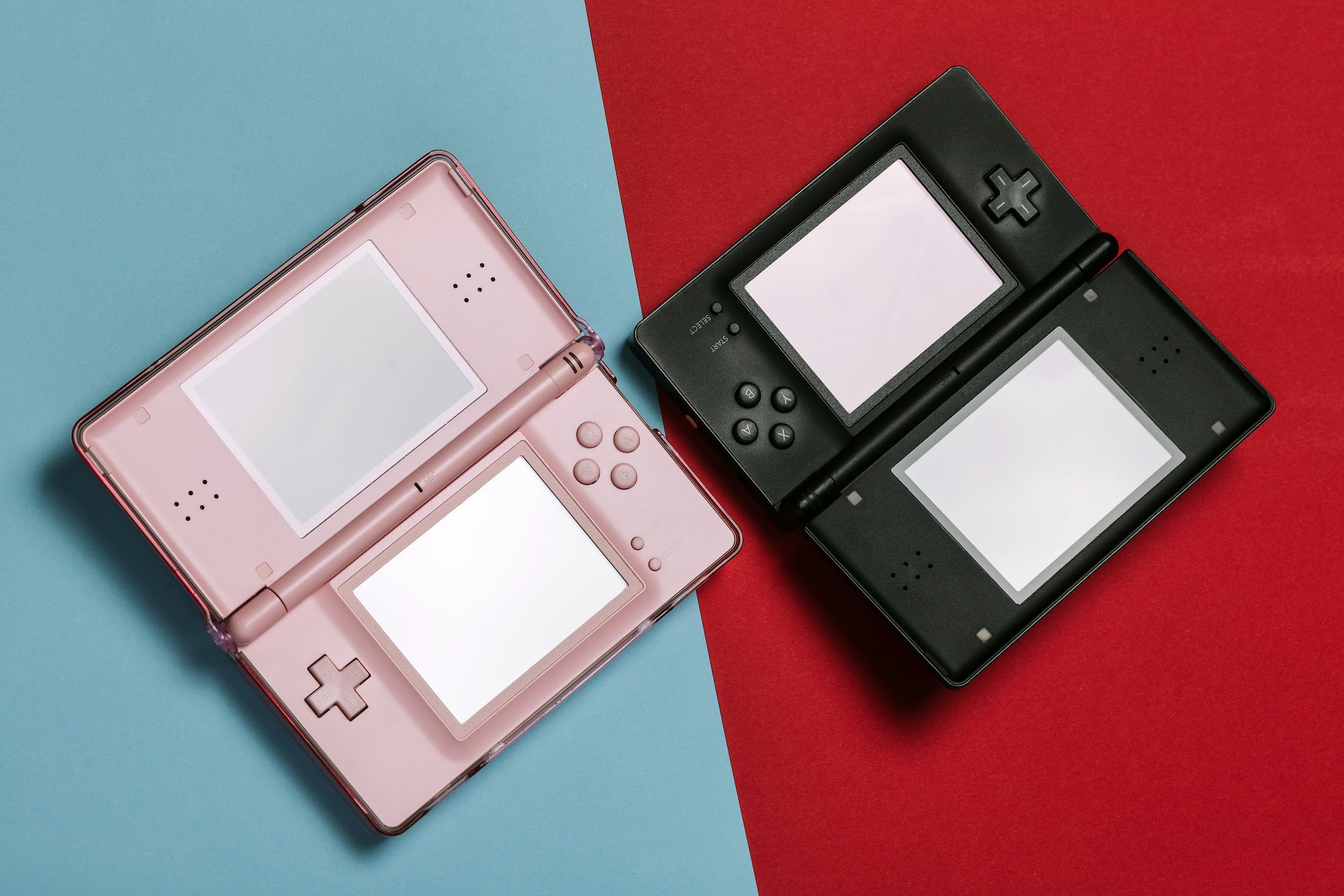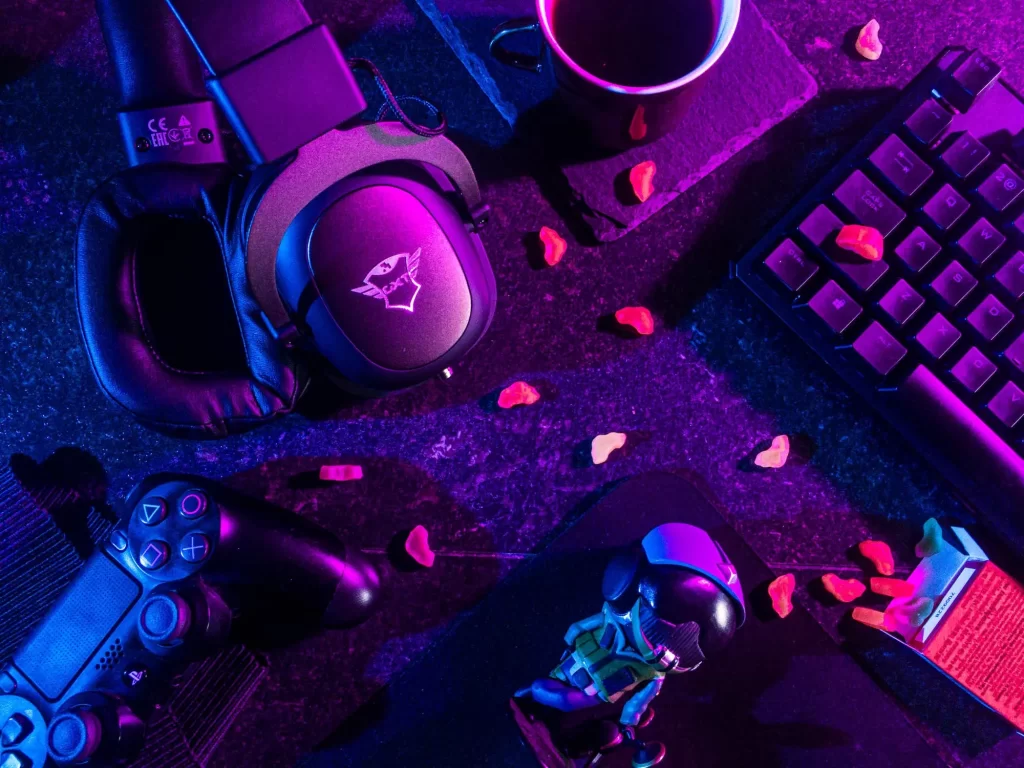Over the last year, crypto and NFTs have hit major roadblocks. However, for all those who invested in these industries—whether financially, infrastructurally, or even mentally—obstacles were always expected. After all, moving toward a decentralized approach to banking and shifting toward blockchain won’t happen overnight or in a clear, linear path.
Some industries are more prepared to pivot toward crypto than others. Gaming, as one of the fastest growing markets in entertainment, is particularly interesting in terms of how the industry itself intersects with crypto and NFTs. That’s because gaming sits at the forefront of technology—and future consoles, games, and mechanics will all be steered by evolving tech.
Viewed in this way, gaming might be one of the most important sectors for crypto to enter. Not only could it feasibly adopt blockchain faster than many other industries, but its primary demographics are more geared toward understanding and being open to a decentralized approach to finances and gaming. Let’s explore the ins and outs of how crypto and NFTs could transform the gaming market.
Possibility #1: Crypto Could Make Financial Transactions Easier
Gaming involves quite a few financial transactions. This is true for just about every type of gamer. A hardcore FPS player might funnel funds into their in-game assets and hardware, just like a casual mobile gamer might shell out for microtransactions. But one of the most financially solvent gaming sectors is online poker.
Anyone who wants to start playing poker only has to learn Texas Hold’em rules to get started playing online. From there, they can start playing table games, tournaments, and even private games with their friends. But to get started playing poker with real money, players must register and deposit funds.
They’ll also expect to withdraw funds promptly after a game is complete. In these cases, blockchain could handle these types of transactions faster and with fewer fees. This would allow players to more easily withdraw and deposit funds, while also allowing poker platforms to remove financial third parties that are responsible for handling funds. But what about beyond the world of virtual poker?
Possibility #2: Blockchain Redefines In-Game Markets
Over the last few years, more and more analysts have targeted gaming as a possible turning point for blockchain. The idea is simple: if the gaming industry can adopt blockchain, then it will serve as the tipping point for global adoption. Once again, it’s worth pointing back to gaming’s demographic, which is young and highly invested in technology like NFTs.
Most importantly, many gamers are well accustomed to the concept of an NFT. Developers have been using in-game tokens to create mini-markets for some of the world’s most popular games—which has made many gamers a bit warmer to NFTs than others. Just like with poker, the idea is to remove the financial middleman; in this case, that’s the platform where gamers pay for in-game purchases.
In the context of gaming, blockchain could first see huge progress in terms of F2P games. Free-to-play games rely on players making in-game purchases. Using blockchain, developers would be able to seamlessly create an in-game currency that is synonymous with a digital currency. It would also be able to regulate things like in-game asset trading and in-game currency trading by granting immutable ownership.
This adoption could also see usage beyond the scope of F2P games. Other titles, such as EVE Online, include highly realistic marketplaces that are used to regulate massive open worlds. While it would be a mammoth task to move the game over to blockchain, and creators aren’t yet intrigued by the idea, it could easily become one of the hallmark adoptions of blockchain.

Possibility #3: Building on the Foundation of NFTs & Tokens
Above, we outlined why gamers are more open to NFTs than other demographics; they’re young, interested in tech, and have been interacting with NFTs in games for years. Let’s explore this concept more—because the future of NFTs and gaming is a lot bigger than simply evolving the nature of in-game tokens.
First and foremost, NFTs would allow players to actually own in-game items. Some analysts have also predicted that NFT networks could allow gamers to shift their assets from one game to another. Using a network of NFTs, gamers would be able to use a weapon or skin from one title and transfer it to another. This highlights just how unique the use cases of NFTs in gaming are.
Another great example is using NFTs to create a highly unique gaming experience for players. Let’s use Axie Infinity, the world’s most popular blockchain game, as an example. Because each Axie is an NFT, players have total ownership over their in-game assets (and even how the game evolves over time thanks to blockchain). This lets them do unusual things like rent Axies to other gamers.
The Bottom Line: A Question of Integration
Clearly, there’s a bright future for blockchain, crypto, and NFTs in the gaming industry. However, there are still major hurdles along the way. While many gamers would be open to NFTs, developers and stakeholders likely have cold feet about the current state of crypto and blockchain. In other words, they aren’t willing to take the plunge—yet.
Similarly, there might still be many gamers who aren’t interested in crypto and blockchain. This could be because they see the crypto market as volatile or they simply don’t understand how a decentralized approach works. Both are huge obstacles for stakeholders, as they don’t want to alienate loyal customers.
Lastly, it’s worth mentioning that the concept of legacy developers switching over to blockchain would take years and years of concerted effort. Though companies like Microsoft and Activision have the funds and tech to take on such a project, there’s too much uncertainty surrounding the market at this time.
However, it’s also worth pointing out that many of these developers are already looking into things like Web3 and blockchain. In fact, Microsoft Azure has its own Web3 developer solutions department. Viewed in this way, it might not be quite as long as we think for gaming to help put blockchain on the map in a lasting way.
